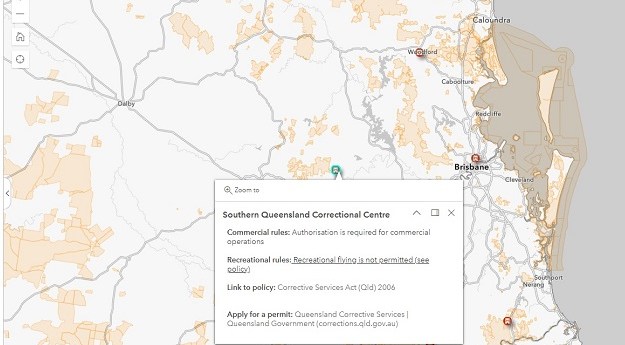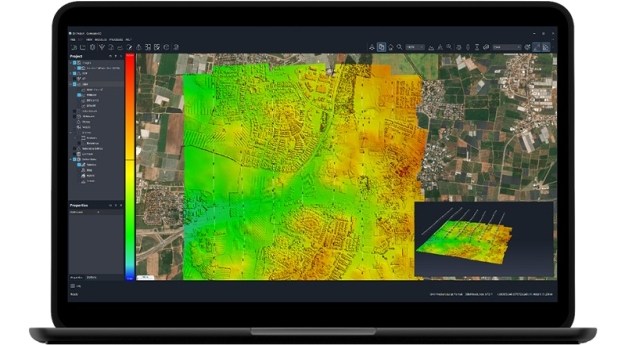
AIMS divers on the Great Barrier Reef. Image supplied by and copyright of AIMS.
The Australian Institute of Marine Science (AIMS) has successfully transplanted hundreds of corals on the Great Barrier Reef.
The operation is the first phase of a trial to test and increase the resilience of corals to marine heatwaves. The young corals that survived the transplant were created by cross-fertilising corals from warm northern reefs with cooler central corals, to see if heat-tolerant genes could be passed on.
The test is a first to try out the feasibility of this technique, known as Assisted Gene Flow, at a large scale on the Great Barrier Reef.
AIMS marine scientist Dr. Kate Quigley said that the results were promising.
“Research has shown the offspring inherit heat tolerance from their northern parents, and in time, they may pass on these heat-tolerant genes and make reefs more resistant to future marine heatwaves,” she said.
Dr. Line Bay, who leads AIMS’ research into reef recovery, adaptation and restoration, believes that the Assisted Gene Flow technique can help encourage naturally occurring processes to happen more quickly. She said that it may the reef to to endure the forecasted higher future ocean temperatures in the coming decades.
“When corals get too hot they are damaged and bleach and this can lead to extensive mortality as we have recently seen on the Great Barrier Reef. We are focused on developing new solutions for managing our coral reefs in a warming future,” she said.
The 2016 mass coral bleaching, the most prominent event to impact the Great Barrier Reef, was activated by record-breaking ocean surface temperatures — a result of worldwide ocean warming brought about by climate change.
AIMS researchers will be revisiting the test site in October to monitor how the corals are adapting and growing.
Stay up to date by getting stories like this delivered to your mailbox.
Sign up to receive our free weekly Spatial Source newsletter.












